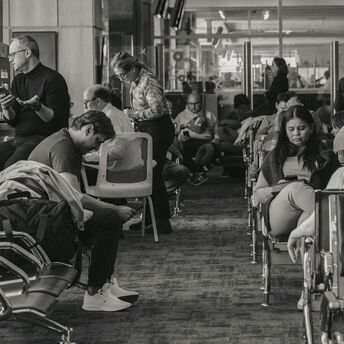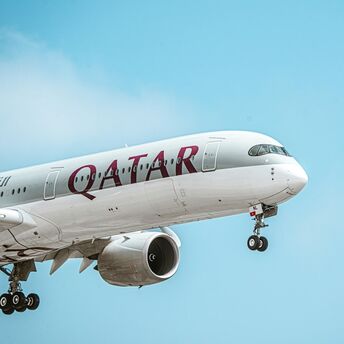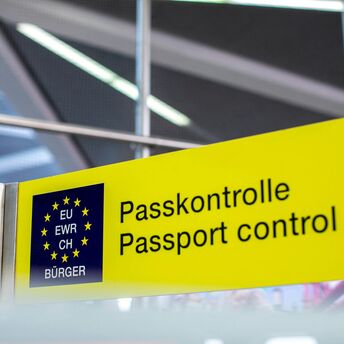Choosing the right time for eating can help you cope with jet lag

Jet lag is an exhausting experience common among international travellers. Moreover, it is often difficult to cope with. Fortunately, a recent study has offered a potential solution to this problem.
Published in the journal Chaos, the study offers a potential solution to this problem. It promotes the idea of proper meal timing to combat jet lag. It's all about when you eat," the NewsBytes website writes.
What is jet lag
For those who don't know, jet lag is a temporary sleep disorder that occurs when the body's internal clock is not synchronized with the time zone in which it is located. This can lead to fatigue and insomnia as the body tries to adjust to the new time.
Large meal in the morning
To understand the most effective way for passengers to adjust to a new time zone, researchers from Northwestern University and the Santa Fe Institute developed a mathematical model.
Although this method becomes less effective with age, they claim that one large meal in the morning within three days of arriving at your destination can help you overcome jet lag.
Digestion and our internal clock
Every cell in our body operates on a circadian rhythm, a 24-hour cycle that often lasts longer than 24 hours. Our internal clock is reset every day under the influence of several factors that recalibrate it.
Therefore, starting the day off with a hearty breakfast can help travellers reset their circadian rhythm and adapt to a new time zone, according to the study.
Change the time of eating
Jet lag occurs when a person's circadian clock is thrown off due to a change in time zones. Various vital internal processes, such as sleep cycles, hormonal activity, body temperature rhythm, and digestion, are determined by the human circadian clock.
"Constantly changing your meal schedule or eating at night is not recommended as it can lead to a discrepancy between your internal clocks," lead author Yitong Huang said.
Eating at night is not recommended
The researchers also found that eating late in the evening or at night can negatively affect the circadian rhythm.
This is because eating at night causes liver inflammation, which is associated with liver diseases such as hepatitis and non-alcoholic fatty liver disease (NAFLD).
"Eating when your brain is about to rest can throw off your internal clock and cause desynchronization," Huang explains.
What older people should do
The researchers also noted that older travellers will likely need several more days to overcome jet lag than their younger companions.
This is because older people's bodies are more susceptible to body disorders and cannot easily keep up with changes as they age due to factors such as weaker circadian clock signals and reduced sensitivity to light radiation.



















